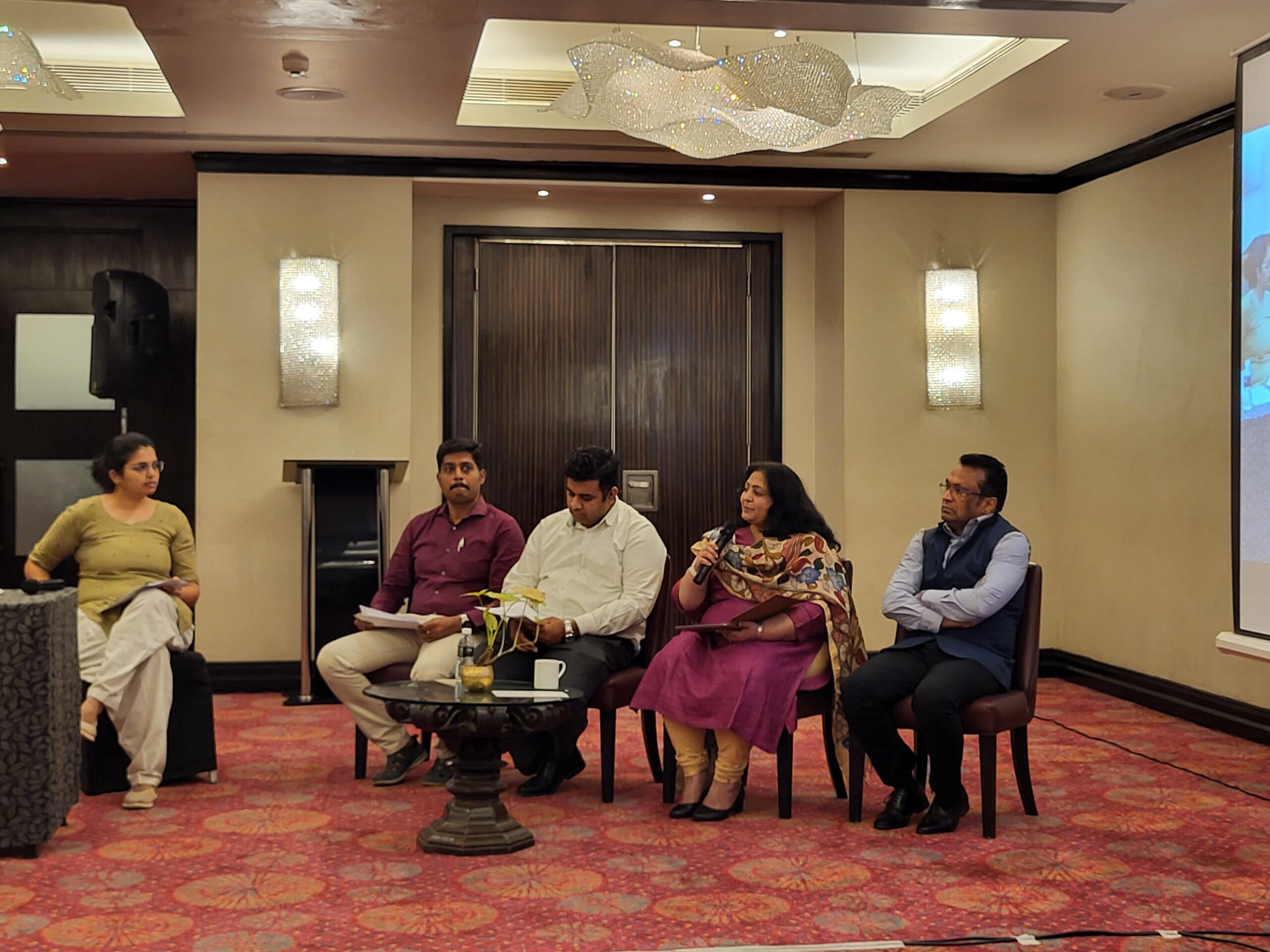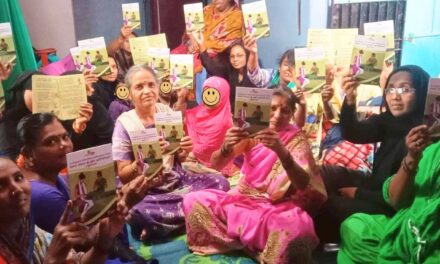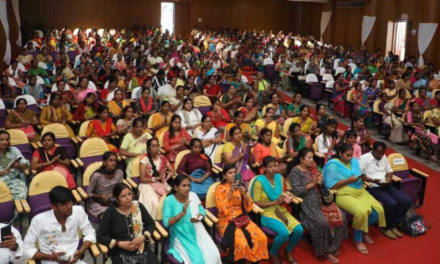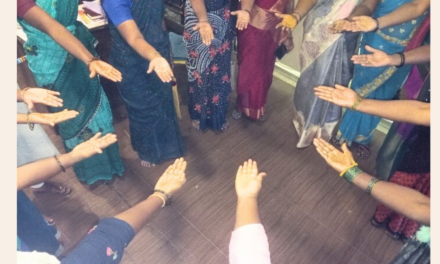Cividep India and GIZ Bring Together Stakeholders to Address Critical Human Rights Risks Facing Electronics Industry Workers
“If you believe that workers are stakeholders, you need to engage with them — and you can’t engage with them only in their workplace or the factory. You need to be available to talk to workers in the places, times, and ways they invite you. That’s what worker engagement is: gathering information directly from workers in their ecosystem,” said Aqueel Khan, Director at Association for Stimulating Know-How India. This observation from a seasoned civil society representative was a key takeaway from a recent roundtable (in pic above) co-hosted by Cividep India and German Agency for International Cooperation (GIZ) in Chennai.
As Tamil Nadu grows into a global electronics manufacturing hub, concerns are mounting about workforce conditions. The roundtable gathered industry leaders, government officials, civil society activists, UN agencies, and labour unions to discuss Responsible Business Conduct, Mandatory Human Rights Due Diligence, and the unique impacts on women in the sector. Many expert speakers, including Annie Khan, South Asia Researcher at Business & Human Rights Resource Centre (BHRRC), and Dr. Anibel Ferus-Comelo, Director of Community-Engaged Academic Initiatives at UC Berkeley Labor Center, highlighted the importance of worker voice and participation in ensuring effective human rights due diligence processes.
Worker participation is also crucial in tripartite dialogues between government, employers, and workers to address labour issues, said Bharti Birla, Enterprise Development Specialist at the International Labour Organisation (ILO). Labour unions play a key role in advocating for workers’ rights and improving working conditions, added Ashutosh Bhattacharya, Regional Secretary (South Asia) at IndustriALL. Maria Jones, Policy Specialist at UN Women, drew attention to the specific challenges faced by women workers in the electronics industry, including gender-based discrimination, harassment, and unequal pay.

The roundtable, part of the Initiative for Global Solidarity (IGS) project, explored industry-specific initiatives and challenges. Garima Dadhich, Associate Professor at the Indian Institute of Corporate Affairs, emphasised the crucial role of the National Guidelines on Responsible Business Conduct (NGRBC) and the Business Responsibility Reporting (BRSR) framework in addressing human rights and environmental issues. Chi Do Quynh, Senior Manager at Responsible Business Alliance, discussed the complexities and opportunities for companies to comply with the EU Corporate Sustainability Due Diligence Directive (CSDDD). Heidi Jones from HP and Puvan Selvanathan from Blue Number presented the Million Makers initiative, a tool empowering workers to share their experiences and concerns.
Björn Claeson, Executive Director of Electronics Watch, Deepika Rao, Executive Director of Cividep India and Kristin Apffelstaedt, Technical Advisor of Initiative for Global Solidarity (IGS), also spoke. Speakers emphasised the importance of worker empowerment, strong government regulation, collaborative action, capacity building, and civil society engagement to improve working conditions. They also pointed out that by amplifying worker voices, enforcing labour laws, and encouraging industry-wide initiatives, stakeholders can make meaningful improvements. It was pointed out that civil society organisations such as Cividep India, GIZ, and BHRRC play a crucial role in monitoring human rights abuses, advocating for policy change, and supporting workers’ rights.
The roundtable concluded with a call for collective action to address these issues. Cividep, with its focus on workers’ rights and corporate accountability, has been engaging with electronics manufacturing workers in Tamil Nadu SEZs since 2007. This partnership between Cividep and GIZ aims to address critical human rights risks and challenges faced by the workers. The roundtable highlighted the role of frameworks like the EU’s CSDDD and India’s NGRBC. This event marked a positive step in engaging stakeholders to address systemic issues and protect workers’ rights.





